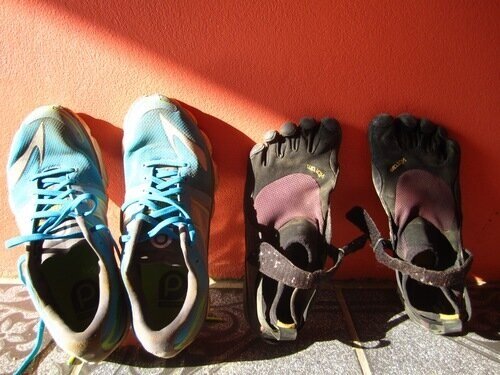Athletes in Transition
During the Olympics, we see athletes at the peak of their form. As a psychologist and coach, I’m interested in the kind of mental skills involved with each athlete’s performance. Endurance sports like marathons involve a different kind of mental focus than sprints and events like 50 meter freestyle swimming. Synchronized diving involves a different kind of focus than sports like weightlifting. Yet all athletes, whether elementary school age or Olympic caliber, must develop mental skills in order to excel and enjoy their sport. Some athletes must overcome negative public perceptions due to past doping allegations, to demonstrate that they deserve elite status without performance enhancement. Even though I don’t support doping, I felt sympathy for the athletes who were booed at the Olympics. I admired their fortitude in facing the negative publicity and still doing their best. All athletes must overcome a certain level of negative self-talk, manage mixed emotions, and maintain a level of stability between the exuberance of success and the disappointment of failure.
I have also been happy to see some athletes speaking out about overcoming mental health issues like depression (Hong Kong swimmer Yvette Man-yi Kong; and USA swimmer Allison Schmitt.)
I have worked with a number of high school, college and other adult athletes who are serious, committed, and competitive. Some of them want to improve their mental skills, but many are also facing a transition. High schoolers face the decision about whether to continue their sport in college; college athletes face the decision around leaving their sport at graduation, in favor of a different career. Some athletes have simply reached a plateau where they’ve stopped enjoying themselves. Olympic athletes often face similar questions after the Games. Many athletes are familiar with the depression that can follow the end of a season or a culminating event.
In athletics, “quitting” can be a dirty word. In some situations – for example, when quitting is a response to disappointment – it can be the wrong decision. But often, as I remind athletes, quitting can be simply the choice to pursue another interesting, challenging, or pleasurable activity. Athletes often spend years in quiet, dedicated, all-consuming pursuit of their sport – and sometimes feel burned out. I always encourage athletes to identify non-sport related goals to help maintain feelings of commitment and accomplishment. Sometimes the expectations of others – family, friends, coaches, teammates – can overwhelm an athlete’s own feeling of commitment and interest. I work with the athlete to separate out external and internal expectations. I encourage athletes to give themselves a short-term break to see if they truly want to leave the sport. Sometimes training plans and evaluation metrics may cause an athlete to lose sight of their passion. Sometimes athletes need to step away from the details and plans in order to feel the passion of movement or the joy of competition.
I have been a swimmer since I was a toddler, and as I grew up I was a competitive swimmer. I remember the point when I faced the decision to leave swimming, a sport that was no longer fun for me. I pushed myself too hard. I got tired of the early morning trainings when I was working late nights to make ends meet. Would a psychologist have been helpful in my decision making at the time? Leaving the sport allowed me to focus on other life goals and sports. I returned to the pool as a triathlete, and I reconnected with my love of swimming as part of my recreation, fitness, and competition.
In my work with athletes, I try to remind them that no matter what their decision about their sport, their skills can translate into sports greatness as well as greatness in many other areas, such as relationships or career.
Dr. Cory Nyamora is an endurance sports coach with certifications from USAT and USATF, a licensed clinical psychologist, and the founder of Endurance – A Sports & Psychology Center, Inc. He provides endurance coaching for beginner and experienced athletes, as well as psychotherapy services to children, adults, and families.
Find out more at runinkenya.com and endurancecenter.org or call 510.981.1471.
To schedule an appointment with Dr. Nyamora, please contact 510.981.1471
tags: Athletes, Transition, Olympics, High School, College, Depression, Change, Sports Psychology
Tuesday 08.16.16Posted by Cory Nyamora, Psy.D., Founder/Director1 Likes Share


